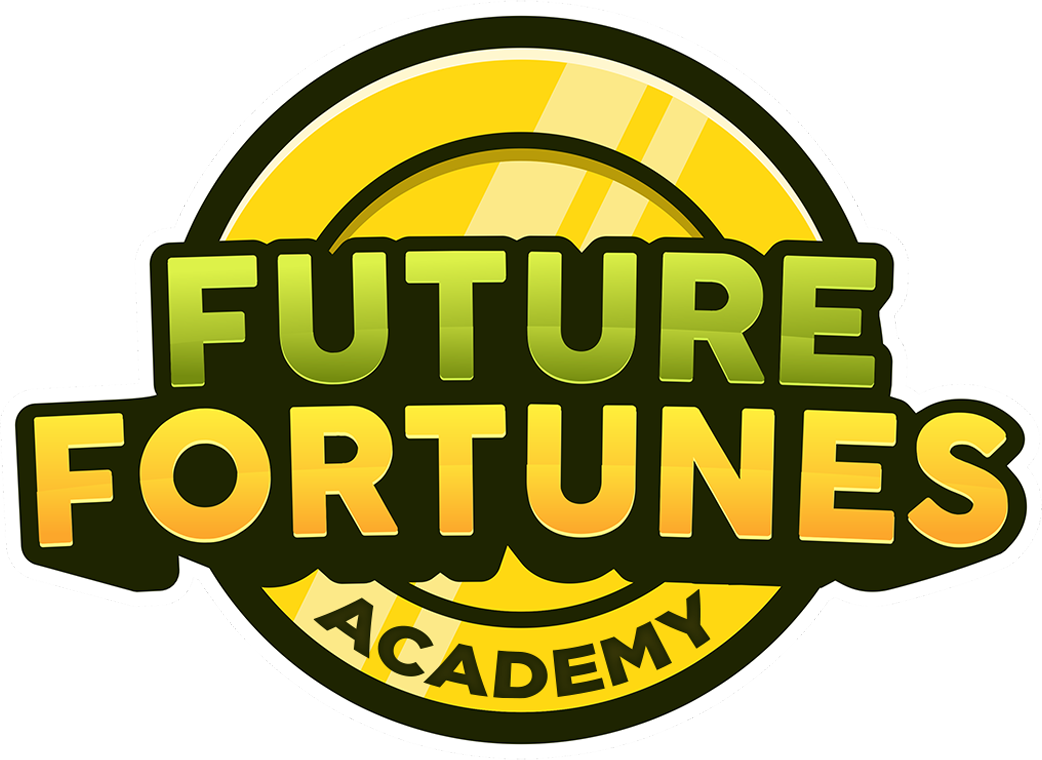Because Everything Costs Money… Except the Park: Teaching Kids About Budgeting
This summer, it feels like the only free thing left is the park.
Movies, arcades, museums, apps, and snacks - all come with a price tag.
Fun often costs money. And when your child asks to go somewhere or buy something (for the fifth time today), sometimes all you can say is: “Not today.”
It’s frustrating. It’s disappointing. And if you’re feeling stretched financially, you’re not alone; we’re feeling it too.
At Future Fortunes Academy, we get it. We’re parents navigating the same pressures: wanting to give our kids great experiences without breaking the budget.
But here’s the good news: these moments, as hard as they can be, are opportunities.
They’re a chance to bring kids into the conversation about money and spending and help them understand the trade-offs that come with financial choices. Not to guilt them. Not to stress them out. But to teach them real-life money lessons.
Start Here: Plan the Week Together
Set a weekly budget for family fun that is reasonable for your household. Maybe it’s $40, maybe it’s $150. Tell your kids:
“This is what we are going to use for our fun this week. Let’s figure out what to do together.”
Then explore the options with them:
Outing #1: Movie Day
-
Tickets are $16 each. Should we go on Tuesday when it’s half-price?
-
Popcorn and drinks? Fun - but that’s another $15 gone.
-
If we skip the snacks, we’ll have more for later in the week.
Outing #2: Park Picnic Day
-
The park is free, thank goodness!
-
But do we grab lunch on the way or pack sandwiches?
-
Packing lunch saves us $35, enough to cover mini golf later.
Outing #3: Mini Golf
-
Basic entry is $12.
-
Want to do the arcade or grab ice cream after?
-
That depends on what we spent earlier. Did we stick to the budget? Then we might have room!
Show the Big Picture: Choices, Trade-Offs, and Real-Life Thinking
Suddenly, it’s not about saying “no.” It’s about your child seeing:
-
If we spend less here, we can do more there.
-
Every choice affects the next one.
This teaches them to plan ahead, make trade-offs, and think in terms of priorities and outcomes - real-world financial thinking, wrapped in something they care about.
What We Believe at Future Fortunes Academy
At Future Fortunes Academy, this is what we’re all about: helping kids build real-life money habits one week (and one fun decision) at a time.

Share:
Explaining Community Services and Taxes to Kids: A Parent’s Guide
Why Financial Advisors Wish Parents Taught Their Kids More About Money. - By Javed S. Khan